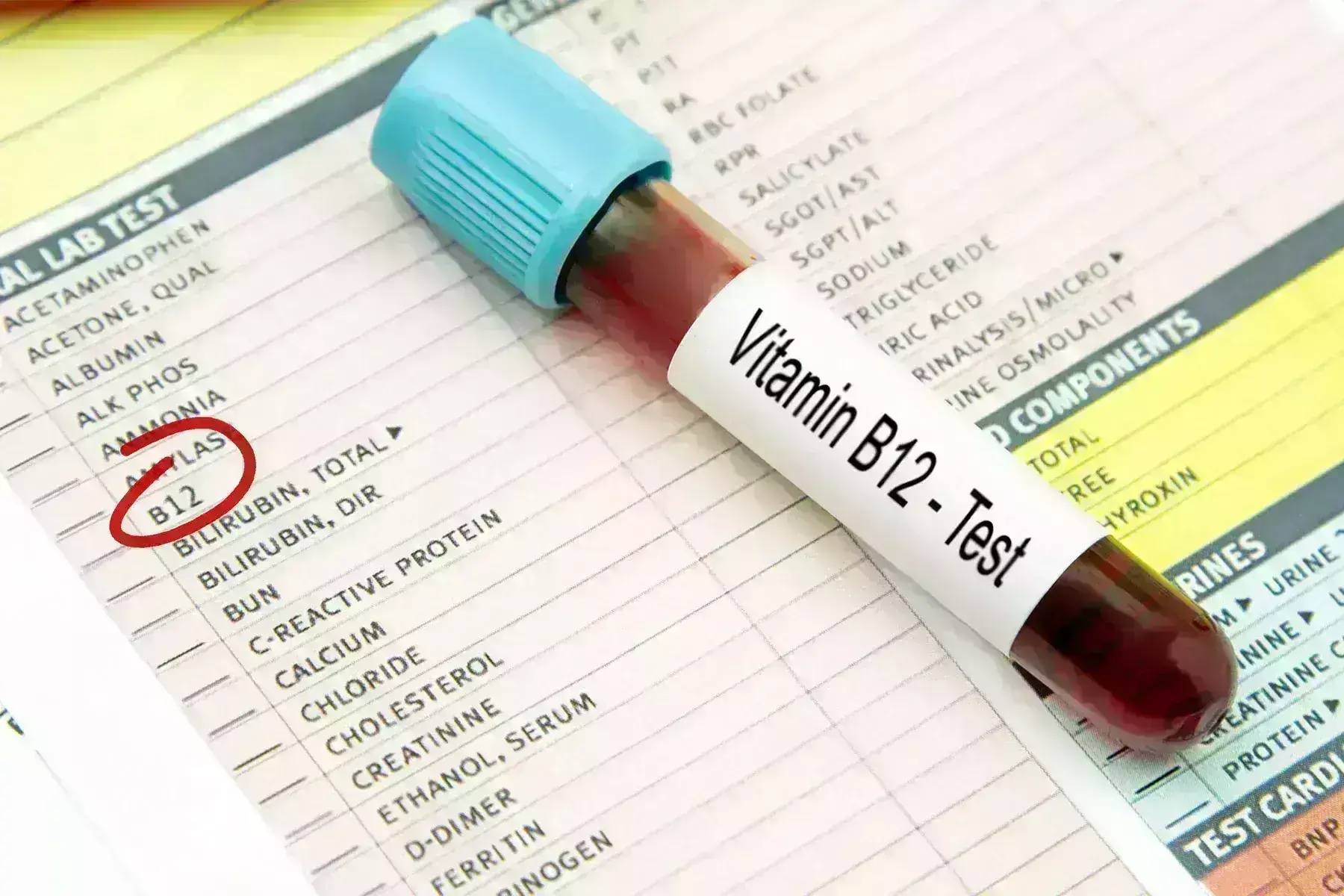- Home
- Medical news & Guidelines
- Anesthesiology
- Cardiology and CTVS
- Critical Care
- Dentistry
- Dermatology
- Diabetes and Endocrinology
- ENT
- Gastroenterology
- Medicine
- Nephrology
- Neurology
- Obstretics-Gynaecology
- Oncology
- Ophthalmology
- Orthopaedics
- Pediatrics-Neonatology
- Psychiatry
- Pulmonology
- Radiology
- Surgery
- Urology
- Laboratory Medicine
- Diet
- Nursing
- Paramedical
- Physiotherapy
- Health news
- Fact Check
- Bone Health Fact Check
- Brain Health Fact Check
- Cancer Related Fact Check
- Child Care Fact Check
- Dental and oral health fact check
- Diabetes and metabolic health fact check
- Diet and Nutrition Fact Check
- Eye and ENT Care Fact Check
- Fitness fact check
- Gut health fact check
- Heart health fact check
- Kidney health fact check
- Medical education fact check
- Men's health fact check
- Respiratory fact check
- Skin and hair care fact check
- Vaccine and Immunization fact check
- Women's health fact check
- AYUSH
- State News
- Andaman and Nicobar Islands
- Andhra Pradesh
- Arunachal Pradesh
- Assam
- Bihar
- Chandigarh
- Chattisgarh
- Dadra and Nagar Haveli
- Daman and Diu
- Delhi
- Goa
- Gujarat
- Haryana
- Himachal Pradesh
- Jammu & Kashmir
- Jharkhand
- Karnataka
- Kerala
- Ladakh
- Lakshadweep
- Madhya Pradesh
- Maharashtra
- Manipur
- Meghalaya
- Mizoram
- Nagaland
- Odisha
- Puducherry
- Punjab
- Rajasthan
- Sikkim
- Tamil Nadu
- Telangana
- Tripura
- Uttar Pradesh
- Uttrakhand
- West Bengal
- Medical Education
- Industry
Vitamin B12 deficiency tied to increased risk of depressive symptoms in community-dwelling

In a large population representative research of older persons, Eamon Laird and colleagues discovered that poor B12 status was related with a considerably elevated risk of depressive symptoms over a four-year period. There were no correlations found for folate. The findings of this study were published in The British Journal of Nutrition.
Deficiency and poor status of B-vitamins such as folate and vitamin B12 are common in elderly people. Estimates of vitamin B12 (B12) deficiency in people over the age of 50 range from 5 to 40%, depending on the method of measurement and the deficient cut-off used. Low B12 status can result in megaloblastic anemia, permanent demyelinating neurological disease/paresthesia, and reduced cognitive function.
The purpose of this study is to look at the long-term connection between baseline folate and B12 status and incidence depression symptoms up to four years later in a representative sample of Ireland's community-living population aged 50 and up.
The Irish Longitudinal Research on Aging (n =3,849 aged 50 years) was used in this longitudinal study to explore the link between blood plasma folate and B12 levels at baseline (wave 1) and incidence depression symptoms at 2 and 4 years (waves 2 and 3). Participants who were depressed at the start of the study were eliminated. At wave 2 or 3, a score of 9 on the Center for Epidemiologic Studies Depression Scale-8 was suggestive of incident depression symptoms. Microbiological assays were used to assess plasma B12 and folate concentrations. B12 status profiles (pmol/l) were classified as follows: 185, deficient-low; 185-258, low normal; >258-601, normal; and >601 high. Folate status profiles (nmol/l) were classified as follows: 10.0, deficient-low; >10-23.0, low normal; >23.0-45.0, normal; >45.0, high. The longitudinal relationship of B-vitamin categories with incident depression was investigated using logistic regression models with odds ratios.
The key findings:
1. Both B12 and folate plasma concentrations were lower in the incident depression symptoms group compared to the non-depressed group.
2. Participants with deficient-low B12 status at baseline had a substantially greater chance of incident depression four years later, according to regression models.
3. After adjusting for key factors such as physical activity, chronic illness burden, vitamin D status, cardiovascular disease, and antidepressant usage, this conclusion remained strong.
4. There were no relationships between folate status and incident depression. Over a four-year period, older persons with deficient-low B12 status had a 51% greater risk of developing depressive symptoms.
In conclusion, the authors felt that these findings were significant considering the high incidence of depression and the high levels of B12 deficiency in older persons. These findings further reassured food policymakers that fortification of foods to raise levels of these vitamins may have potential advantages in the prevention of this illness. Future prospective research and randomized trials employing an agreed-upon set of harmonized measurements and blood biomarkers are needed, however, to completely determine the value of vitamin B12 in the prevention or delay of the onset of depression in older persons.
Reference:
Laird, E., O'Halloran, A., Molloy, A., Healy, M., Hernandez, B., O'Connor, D., . . . Briggs, R. (2021). Low vitamin B12 but not folate is associated with incident depressive symptoms in community-dwelling older adults: A 4 year longitudinal study. British Journal of Nutrition, 1-22. doi:10.1017/S0007114521004748
Medical Dialogues consists of a team of passionate medical/scientific writers, led by doctors and healthcare researchers. Our team efforts to bring you updated and timely news about the important happenings of the medical and healthcare sector. Our editorial team can be reached at editorial@medicaldialogues.in.
Dr Kamal Kant Kohli-MBBS, DTCD- a chest specialist with more than 30 years of practice and a flair for writing clinical articles, Dr Kamal Kant Kohli joined Medical Dialogues as a Chief Editor of Medical News. Besides writing articles, as an editor, he proofreads and verifies all the medical content published on Medical Dialogues including those coming from journals, studies,medical conferences,guidelines etc. Email: drkohli@medicaldialogues.in. Contact no. 011-43720751


